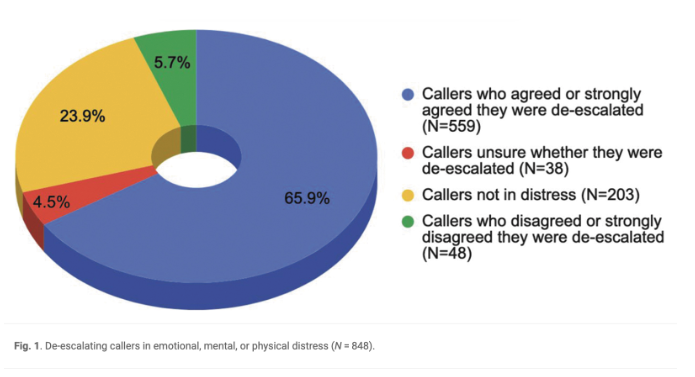
Our Cutting-Edge Research Program
At Fireside Project, part of our mission is to advance the psychedelic field by conducting and supporting rigorous, real-world, peer-reviewed research.
Because of the tens of thousands of conversations we’ve had on our Psychedelic Support Line, we are uniquely positioned to learn about how psychedelics are actually being used in a range of contexts, from recreational to religious, from underground to regulated access programs, from clinical to non-clinical. We speak with people in the midst of psychedelic experiences as well as those integrating past journeys. Our callers seek support with a broad spectrum of substances—from psilocybin to MDMA, from 5-MeO-DMT to ibogaine, and our callers come from an array of backgrounds, lived experiences, ages, genders, sexualities, and socioeconomic statuses. We also speak regularly with active service members, military veterans, and first responders.
In short, we are where the rubber meets the road in the psychedelic field, where policy meets reality.
Our rapidly growing dataset includes call logs, post-call surveys where we invite callers to share about their experience on the line and the effectiveness of our services, as well as anonymized, de-identified conversations. For each conversation, the call log, survey response, and anonymized conversation are bundled.
We believe we have by far the largest and richest dataset in history of psychedelic conversations, and it expands every day. This unprecedented repository facilitates deeper understanding all aspects of the psychedelic experience, all of which we endeavor to leverage in order to help advance the field.
If you are interested in a research collaboration with Fireside Project, please reach out to us at info@firesideproject.org.
Current and Completed Studies
Our First Study: “Reducing the Harms of Nonclinical Psychedelics Use Through a Peer-Support Telephone Helpline”
Our first peer-reviewed study, published in Psychedelic Medicine, was conducted in collaboration with Dr. Rachel Yehuda (Mount Sinai) and Drs. Mollie Pleet and Joseph Zamaria (UCSF). It explored whether the Fireside support line helps reduce harm during psychedelic experiences.
Key findings:
More than 4,000 people used the support line during the study period.
Nearly two-thirds of survey respondents (66%) reported feeling less distressed after their call. Many callers were having difficult or even frightening experiences, and talking to a calm, supportive person on the other end of the line helped them feel grounded and safe.
About 30% believed that without the support line they might have been physically or psychologically harmed.
About 30% believed that without the support line they might have been physically or psychologically harmed.
12% said they might have called 911, and nearly 11% said they might have gone to the emergency room.
These results suggest that peer support can reduce individual distress while also easing the burden on emergency and healthcare systems.
Data for the study came from Fireside’s post-call survey—which is sent to all callers the day after their support line conversation—and from call logs filled out by our volunteers after every conversation.
The study suggests that a simple, accessible intervention like a peer support line can make a meaningful difference. By helping people de-escalate their distress in the moment, the support line may not only reduce harm for individual callers—it may also ease the burden on emergency services and healthcare systems.
Our Second Study: Assessing the Efficacy of Our Coaching Program
In collaboration with Harvard Medical School and Massachusetts General Hospital (MGH), this ongoing study explores whether psychedelic coaching—a scalable, low-cost intervention tailored specifically to psychedelic experiences—can improve clinical outcomes.
Specifically, the study is evaluating whether psychedelic coaching can help prolong and enhance the antidepressant effects of ketamine in patients with Treatment-Resistant Depression (TRD) receiving care at MGH’s Ketamine Clinic for Depression. Twenty patients will each receive 12 weeks of coaching from Fireside-Certified psychedelic coaches.
Learn more about our coaching program and book sessions with one of our coaches here.
Supporting Emory University: Challenging Psychedelic Experiences
We are also collaborating with Emory University on a study exploring challenging psychedelic experiences and how to integrate them. Fireside Project supports this research by informing all callers about the study through our post-call survey, helping expand the evidence base around safe psychedelic use.


